In 2020, the more complex international environment was characterised by the significant increase in the uncertainties with the far-reaching and unprecedented impact brought by the COVID-19. In the face of the complicated and challenging international environment, the Group adhered to the strategic directives and the general operation philosophy of “enhancing core capability, insisting on both quality and efficiency, capitalising on opportunities of this era and striving to become a world's leading enterprise” with an unwavering aspiration to reinforce its foundation and made innovation with a pragmatic attitude. In the pursuit of further breakthroughs in aspects such as the building of homebase ports, overseas business, comprehensive development, innovative development, capital operation, operation management, and marketing and commerce, the Group actively implemented various key tasks and maintained steady growth of its businesses. In 2020, the Group’s ports handled a total container throughput of 120.52 million TEUs, up by 7.9% year-on-year.
For the year ended 31 December 2020, the Group's recorded revenue of HK$8,945 million, representing a year-on-year increase of 0.5%. Profit attributable to equity holders of the Company amounted to HK$5,151 million, representing a year-on-year decrease of 38.4%, which included a net gain of HK$775 million (net of tax) recognised by the Group from the resumption of certain land parcels at Shantou by the government during the year and the gain on discontinuance of equity accounting for a joint venture of HK$912 million (net of tax)and goodwill impairment loss of a subsidiary of HK$621 million, while the amount for the same period of previous year included a net gain of HK$3,591 million (net of tax) recognised by the Group from the resumption of certain land parcels at Qianhai and Shantou by the government and the gain on deemed disposal of interest in a joint venture of approximately HK$416 million. The recurring profit of the Group decreased by 0.1% year-on-year to HK$4,158 million, maintaining steady.
To appreciate shareholders for their continuous support, the Board of the Company proposed a 2020 final dividend of 51 HK cents per ordinary share, together with the interim dividend of 18HK cents per ordinary share, deriving a full year dividend of 69 HK cents per ordinary share,representing an annual payout ratio of 48.8%. Shareholders may elect to receive the annual dividend in cash or by way of scrip dividend.
Table:Overview of Container Throughput Volume of CMPort in 2020

Solid growth from domestic major ports with additional contribution from overseas terminals acquired
In 2020, the continuous recovery of business volume in the second half of the year has offset the impact arising from the pandemic at the beginning of the year. The Group's ports handled a total container throughput of 120.52 million TEUs, up by 7.9% year-on-year. Among that, the Group's ports in Mainland China, Hong Kong and Taiwan contributed an aggregate container throughput of 91.65 million TEUs, representing an increase of 0.8% year-on-year. Among the major ports in the Group's portfolio, container throughput handled by the Group's terminals in the West Shenzhen Port Zone was 10.57 million TEUs, up by 3.5% year-on-year; Shanghai International Port (Group) Co., Ltd. handled a container throughput of 43.50 million TEUs, representing a year-on-year increase of 0.5%, being the world's largest for the eleventh consecutive year.
Overseas operations delivered a container throughput of 28.88 million TEUs, up 38.5% year-on-year, which mainly represented the additional throughput contributed by the 8 terminals acquired by Terminal Link SAS (“Terminal Link”)on 26 March 2020, as well as the throughput growth handled by Lomé Container Terminal S.A. in Togo, TCP Participações S.A. in Brazil and Colombo International Container Terminals Limited (“CICT”) in Sri Lanka.
Bulk cargo volume handled by the Group's ports decreased by 8.6% year-on-year to 411 million tonnes, of which the Group's ports in Mainland China handled a total bulk cargo volume of 405 million tonnes, representing a decrease of 8.6% year-on-year. The Group's overseas ports handled a total bulk cargo volume of 5.83 million tonnes, of which Hambantota International Port Group (Private) Limited (“HIPG”) handled 1.24 million tonnes, increased by 145.6% year-on-year, which was mainly due to the resumption of growth in the clinker volume.
Optimising overseas layout and accelerating the building of ‘world-class’ port
In respect of the overseas business, the Group completed the acquisition of equity interests in 8 terminals through Terminal Link, following which the port business of the Group has expanded into Southeast Asia, the Middle East, Europe and the Caribbean Sea, which further complemented its global port network.
In terms of the development of homebase ports, the Group accelerated the building of world-class ports in its homebase ports of West Shenzhen Port Zone, and CICT and HIPG in Sri Lanka. Through progress in the construction of channels and infrastructure, integrated operation, and the development of Mawan Smart Port, etc., the comprehensive competitiveness of the West Shenzhen homebase port was improved further. Capitalising on the collaborative advantages between the ports, the Group has also improved the infrastructure of HIPG and enhanced the collaborated development between HIPG and CICT, striving to establish world-class shipping centres in South Asia and increase the influence of its overseas homebase ports.
Proactively strengthen strategic cooperation and steadily push forward comprehensive development
With respect to comprehensive development, the Group also made a crucial step in the implementation of the “Port-Park-City” model. With focal projects in Djibouti and Sri Lanka, the Group propelled the material realisation of “Port-Park-City”, the regional economic and comprehensive development model, with strengthened business synergies in overseas projects. As of the end of 2020, HIPG has contracted and registered 26 enterprises in its industrial parks, and Djibouti International Free Trade Zone reached 114 enterprises. Positive achievements have been made in the induction of business and investment and various objectives for the year have been met.
In respect of capital operation, the Group reviewed its existing assets, developed capital operation plans. It also introduced Fujian Transportation Maritime Silk Road Investment and Management Co. Limited (福建省交通海絲投資管理有限公司) as the strategic investor of HIPG, through which it has optimised its corporate governance structure while maintaining its control over HIPG. In addition, the Group successfully recognised Ningbo Daxie, a former joint venture, as a subsidiary, which would then be consolidated into the consolidated financial statements of the Group.
Intelligent ports construction in progress with fruitful innovative digitalisation achievements
In pursuit of innovative development, the Group proactively pushed forward the construction of intelligent ports and the building of a port ecosystem. The first berth of the Mawan Smart Port construction project completed the delivery and acceptance during the year. The project embodied smart technology, as well as social and economic benefits, incorporating nine major intelligent elements, namely CMCore, CM ePort, artificial intelligence, the application of 5G network, Beidou high precision positioning system, automation, intelligent customs, blockchain, and green and low-carbon development. It was recognised as a key research and development project by the Ministry of Science and Technology and a model for intelligentisation upgrade of traditional terminals at home and abroad.
In terms of service extension and expansion, the Group developed the coordinated ports in the Guangdong-Hong Kong-Macao Greater Bay Area in an innovative manner, which has greatly enhanced the efficiency of both the terminals and container turnover. For the incubation of business innovation, the Group also took the initiative to cooperate with leading Internet and technology companies, such as Tencent and Alibaba, to explore the establishment of an open platform for intelligent ports.
Embrace cooperation for mutual benefit and actively undertake corporate social responsibilities
During the pandemic in 2020, the Group opened green paths for vessels loading with supplies for pandemic prevention and containment, and reduced or waived the fees of using warehouses and yards, which demonstrated the positive effect of port operators on the transportation of those supplies. Meanwhile, the Group offered financial supports to Sri Lanka, and donated supplies for pandemic prevention and containment to countries like Djibouti, Bangladesh, etc.
In 2020, the Group further developed the “Shaping Blue Dreams Together (C-Blue)” charity brand and established the “Global Care Walk” (全球關愛行) charity project system. It also continued to hold the “Shaping Blue Dreams Together — 21st Century C Blue Training Programme” (共鑄藍色夢想—21世紀海上絲綢之路優才計劃), with which the Group offered advanced online training courses related to port and shipping for 25 local postgraduate students from the port and shipping industry in Djibouti. This programme not only served as a learning and communication platform for young people from countries along the Belt and Road, but also contributed to enriching the talent pool for the Group and the global port and shipping industry. Besides, the Group carried out works regarding, amongst others, caring for the left-behind children and rural poverty alleviation with continuous effort. During the year, the newly upgraded “C-Blue Children Development Camp” (C-Blue兒童成長營) has been launched, through which the Group organised activities for and offered learning equipment and tailored courses to 135 students in Qiling Town, Wuhua County of Meizhou City in Guangdong Province. The Group also continued to push forward the “China Merchants Silk Road Hope Village” (招商絲路愛心村) project in Sri Lanka and facilitated the construction of a community activity centre in the Pannia Village to improve the living conditions of villagers, so as to give back to the local community.
Grasp the changes in the world paradigm in 2021 to promote high-quality business development
In 2021, in the initiatives of 14th Five-Year Plan and the Long-Range Objectives Through the Year 2035, as an important hub of the transportation system and a key link in the domestic and international circulations(“dual circulation”), ports should grasp four major changes in the industry: 1)changes in global economy structure; 2)changes in the import and export paradigm; 3)changes in customer groups; 4) changes on digitalisation and Intelligentisation.
Looking forward to 2021, the Group will insist on strengthening strategic management and searching for new growth amidst changes, improve operational management as well as quality and efficiency, strengthen headquarters and local construction, innovation, risk control and workplace safety. The Group will be committed to realising the strategic goal of “to be a world's leading comprehensive port service provider” by 2022, to fully rank among the world's leading port operators in terms of quality, efficiency, scale, and innovation. At the same time of striving to deliver better returns for its shareholders, the Group will also create values for the Group's various stakeholders.
Source:CMPort
The opinions expressed herein are the author's and not necessarily those of The Xinde Marine News.
Please Contact Us at:
media@xindemarine.com

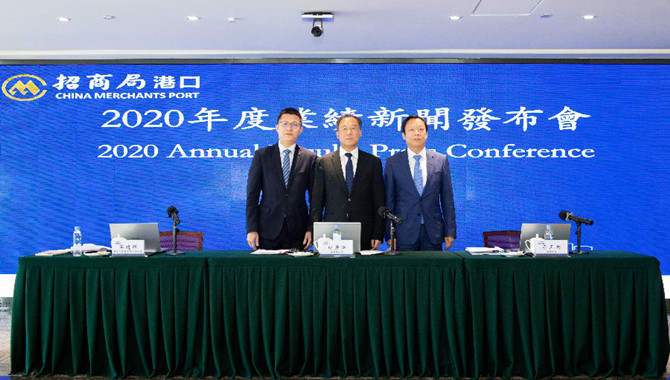

 China’s First Bulk Bunkering of Domestic Green Me
China’s First Bulk Bunkering of Domestic Green Me 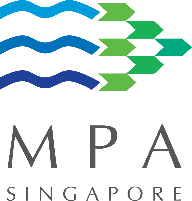 Rotterdam and Singapore Strengthen Collaboration on
Rotterdam and Singapore Strengthen Collaboration on 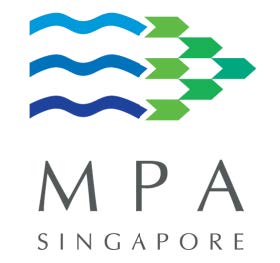 MPA and CMA CGM Sign MoU to Enhance Sustainable Shi
MPA and CMA CGM Sign MoU to Enhance Sustainable Shi 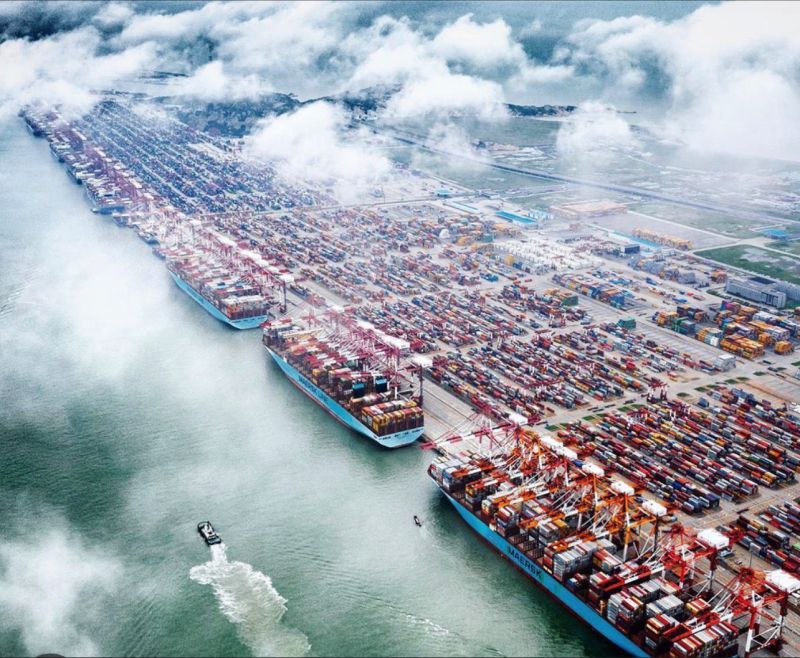 China's Ports Surge Ahead: Major Container Terminal
China's Ports Surge Ahead: Major Container Terminal 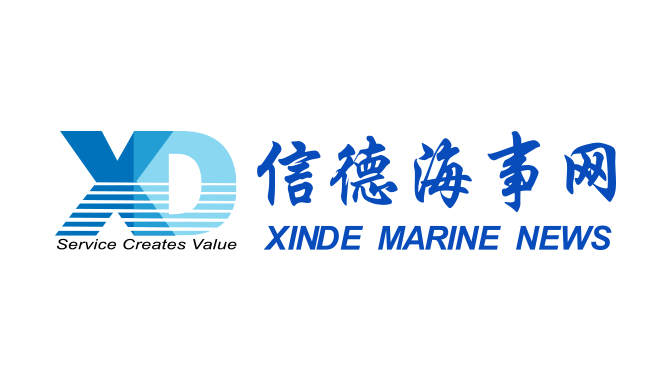 Port of Hamburg: Growth in container throughput and
Port of Hamburg: Growth in container throughput and 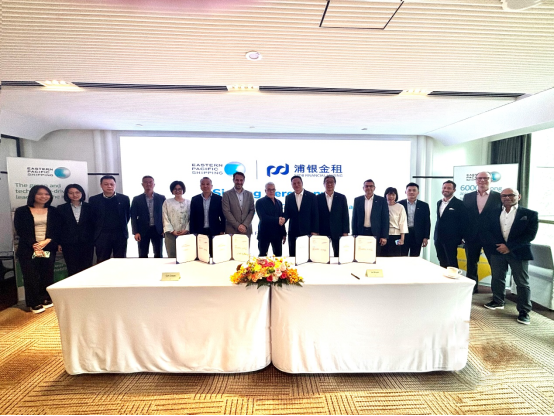 EPS and SPDB Financial Leasing sign financing agree
EPS and SPDB Financial Leasing sign financing agree